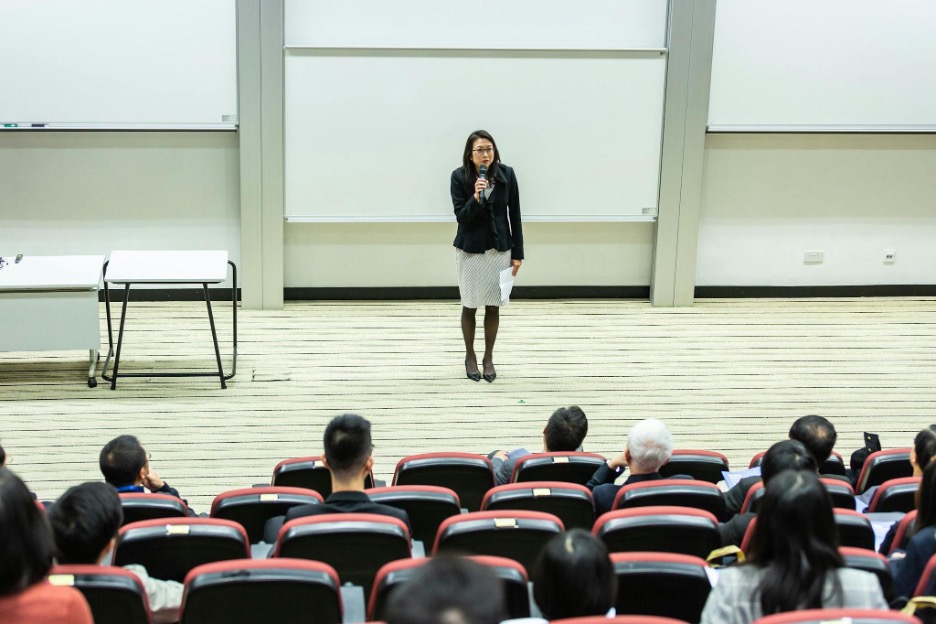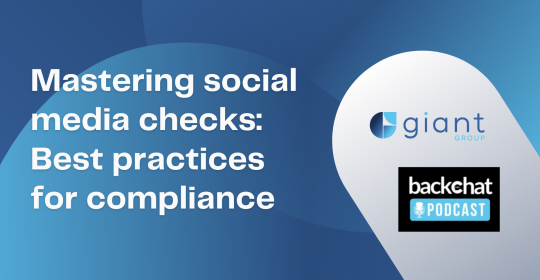In the changing industry, the expectations and responsibilities of educators are growing at an unprecedented pace. Technological advancements, shifting societal values, and global challenges are transforming the classroom environment and the ways teachers interact with students. Today, educators are not just knowledge providers; they are mentors, facilitators, and catalysts for lifelong learning. Understanding these changes is crucial for appreciating the complex, multifaceted role teachers play in contemporary education.
Teachers as Facilitators of Learning
Modern education increasingly emphasizes student-centered learning, which positions teachers as facilitators rather than mere transmitters of information. Educators now design learning experiences that encourage critical thinking, inquiry, and collaboration. This approach allows students to actively construct knowledge and take ownership of their education, fostering independence and problem-solving skills. Teachers guide discussions, create interactive lessons, and use project-based learning to challenge students’ thinking. In this facilitator role, the teacher’s responsibility is to provide structure and support while allowing students to explore, make mistakes, and learn from them, nurturing lifelong learners who can adapt.
Navigating Challenges in Education
Teachers today face numerous challenges that require adaptability, resilience, and creativity. Classrooms are increasingly diverse, with students of different abilities, cultural backgrounds, and learning styles, and educators must continually adjust their teaching approaches to meet these needs. One significant hurdle, high turnover in teaching roles, makes it difficult for schools to maintain consistency and support student progress, as experienced educators leave and new staff need training. Despite these obstacles, teachers develop strategies to foster engagement, utilize collaboration, and implement effective problem-solving methods. Overcoming these challenges is a fundamental part of modern education, shaping students’ growth and teachers’ professional development.
Promoting Social-Emotional Development
Education today is as much about emotional intelligence as it is about academic knowledge. Teachers play a critical role in helping students develop social-emotional skills such as empathy, self-regulation, and effective communication. Establishing safe, supportive classroom environments allows students to express themselves, manage challenges, and build strong relationships. Teachers incorporate practices such as mindfulness exercises, cooperative learning, and conflict resolution to support emotional growth. By nurturing these skills, educators prepare students for the interpersonal and professional challenges they will encounter in life. Social-emotional development contributes to academic success, as emotionally balanced students are more engaged, motivated, and capable of handling stress and setbacks.
Integrating Technology into Education
Technology has transformed the way teachers plan and deliver lessons. From online learning platforms and interactive whiteboards to AI-driven educational tools, digital resources have expanded the possibilities for personalized instruction and student engagement. Teachers are expected to skillfully incorporate technology into their classrooms to enhance learning outcomes, whether by providing multimedia resources, interactive simulations, or virtual collaboration opportunities. Effective integration requires digital literacy, creativity, and thoughtful planning to ensure that technology supports learning rather than distracting from it. Modern educators must strike a balance between embracing innovation and maintaining meaningful, human connections with their students.
Addressing Diverse Learning Needs
Contemporary classrooms are more diverse than ever, encompassing students of various cultural, linguistic, and socio-economic backgrounds. Teachers must recognize and respond to these differences to ensure all students have equitable access to learning. Differentiated instruction, culturally responsive teaching, and individualized support strategies have become critical tools for modern educators. Addressing diverse learning needs requires fostering an inclusive environment where every student feels respected and valued. This can involve adapting lessons for students with learning disabilities, supporting English language learners, or providing enrichment opportunities for advanced learners. By meeting the diverse needs of students, teachers help build confidence, resilience, and a sense of belonging that extends beyond academics.
Lifelong Learning and Professional Growth
Teachers themselves must embrace the principle of lifelong learning to remain effective. Professional growth through workshops, certifications, advanced degrees, and collaboration with peers ensures that educators remain current with the latest pedagogical research, technologies, and teaching strategies. Modeling continuous learning demonstrates to students the value of curiosity, perseverance, and adaptability. By constantly updating their skills, teachers maintain their effectiveness, refine their instructional approaches, and gain the confidence to implement innovative techniques. Lifelong learning ensures that teachers survive and, amidst changing classroom demands, positions them as role models for students and communities alike.
Advocates for Equity and Social Justice
Teachers increasingly serve as advocates for fairness and inclusivity within the education system. They confront systemic inequities, challenge discriminatory practices, and work to create classrooms where all students have the opportunity to succeed. Advocacy can take many forms, including adapting curriculum materials, promoting awareness of social issues, and partnering with organizations that support marginalized groups. By actively fostering equity, teachers help students develop a sense of justice, responsibility, and empathy for others. This advocacy shapes the educational experience and students’ understanding of the broader world, empowering them to participate in society as informed, ethical citizens.
Collaboration with Parents and Communities
Effective education relies on collaboration between teachers, parents, and the broader community. Teachers work closely with families to support student learning, communicate progress, and address challenges. Engagement with local organizations, businesses, and community programs enriches the educational experience, providing real-world applications and mentorship opportunities. This partnership ensures that students benefit from consistent guidance, encouragement, and resources in and out of the classroom. Collaborative approaches foster shared responsibility for student success, strengthen relationships, and cultivate a network of support that enhances academic and personal growth.
Inspiring Critical Thinking and Creativity
Modern teachers are tasked with fostering critical thinking and creativity. Beyond memorizing facts, students must learn to analyze information, question assumptions, and generate innovative ideas. Educators encourage exploration through inquiry-based projects, interdisciplinary lessons, and real-world problem-solving activities. By nurturing curiosity and creativity, teachers equip students with the tools to navigate uncertainty and tackle future challenges. This role involves modeling critical thinking, demonstrating intellectual humility, and encouraging students to learn from failure. Teachers impart knowledge and empower students to become imaginative, reflective, and capable contributors to society.
The role of teachers is dynamic, complex, and far-reaching. Modern educators are knowledge transmitters and facilitators, mentors, advocates, and innovators. They navigate technological advancements, embrace diversity, foster emotional intelligence, and inspire critical thinking. As society continues to evolve, the demands on teachers will grow, highlighting the importance of professional development, collaboration, and resilience. Recognizing and supporting the multifaceted contributions of teachers is important, as they play a pivotal role in shaping informed, compassionate, and capable future generations.






